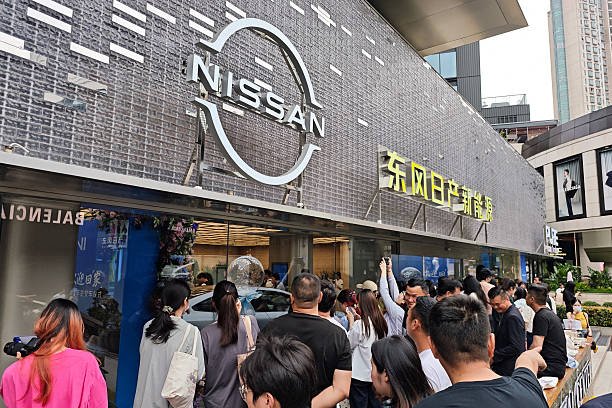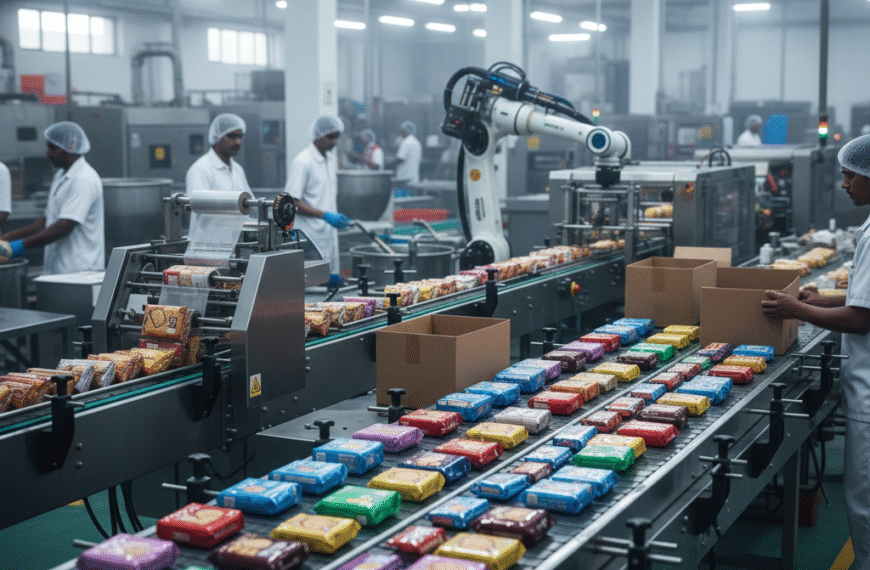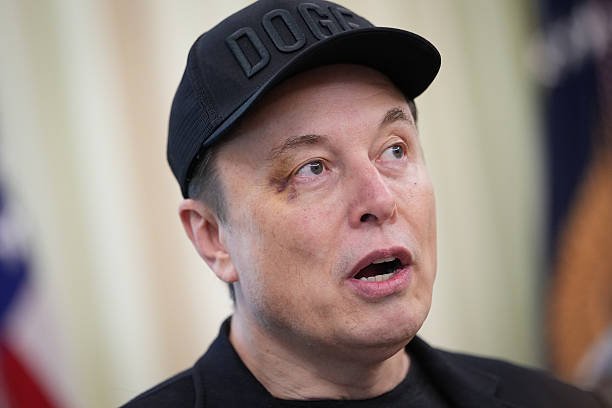Nissan, the well-known Japanese car maker, is exploring a new strategy by considering global factory sharing with its long-time Chinese partner, Dongfeng. This major move comes as the company faces challenges in several major markets and works on cutting costs and improving efficiency.
Nissan has been in partnership with Dongfeng for more than two decades. Together, they already build vehicles in Wuhan, China. Now, Nissan is thinking about bringing Dongfeng into its wider global production system. This would allow both firms to share factory space in different parts of the world, boosting cooperation and possibly lowering production costs.
Recently, Nissan announced it would cut around 11,000 jobs and shut down seven plants worldwide, though it has not said which locations will be affected. These cuts come on top of the 9,000 layoffs announced last November. In total, about 15% of Nissan’s workforce will be impacted. The company also plans to reduce its global output by 20% as part of its recovery plan.
Despite the uncertainty, there is some positive news for workers in the UK. Nissan’s new executive, Ivan Espinosa, confirmed the launch of new models in Sunderland. He stated that there is no immediate plan to change operations there, offering some relief to the 6,000 employees at the UK plant.
Nissan has struggled with weak sales in key regions like the United States and China. The competitive nature of the Chinese car market has made it hard for Nissan’s own brands to grow, resulting in price drops and reduced profits.
In addition to these challenges, Nissan recently reported a large annual loss of 670 billion yen (around $4.6 billion). The company also faced pressure from US tariffs, leadership changes, and failed merger talks with Honda, which ended after the two companies couldn’t agree on a multi-billion-dollar deal.
Following the exit of former CEO Makoto Uchida, Ivan Espinosa stepped in to lead the company. He was previously in charge of strategic planning and motorsports for Nissan.
Amid the changes, there is growing support for Nissan’s electric vehicle plans in the UK. AESC, its battery partner, received a £1 billion funding package from the UK government to build a new battery factory in Sunderland. This plant will supply batteries for popular models like the Nissan Leaf and Juke.
During her visit to the new site, UK Chancellor Rachel Reeves said the project would help bring valuable, high-paying jobs to the North East.






















